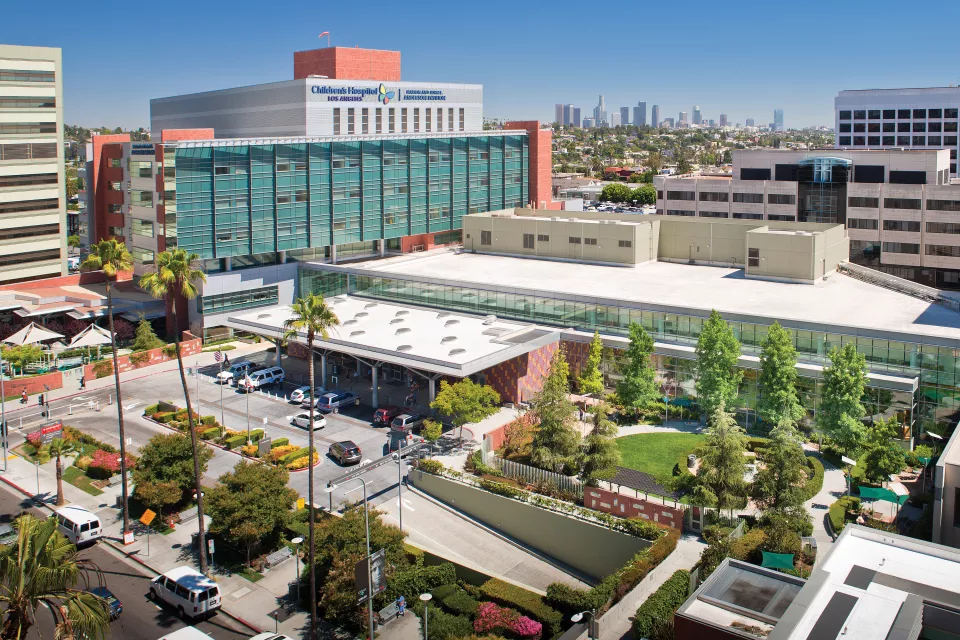Congenital central hypoventilation syndrome (CCHS) is a rare genetic disorder of the autonomic nervous system and of how the brain controls breathing. Normally, the brain determines how fast and how deep we should breathe. In CCHS, this part of the brain’s function is abnormal.
Children with CCHS severely under-breathe when they are asleep, but breathing is not normal when they are awake either. There is no cure for CCHS, and it lasts one's entire life. There are no medicines which will correct the under-breathing problem. Therefore, these children require ventilatory assistance for life.
Because CCHS is so rare, it frequently takes some time before the correct diagnosis is made. However, once the diagnosis of CCHS is made, children will use a positive pressure ventilator via tracheostomy. Most CCHS patients require assisted ventilation only when they sleep. However, approximately 25%-35% of CCHS patients require assisted ventilation at all times, both while awake and while asleep.
Medical science and technology have advanced to the point that we can provide mechanical assisted ventilation for CCHS children in their homes. Ideally, this permits them to integrate with their family, go to school, and participate in normal childhood activities. Most families use in-home nursing assistance to help provide medical care for these fragile children. As children grow older, their medical condition becomes more stable. This is because of the normal growth and development of the lungs and ventilatory muscles. But, the brain dysfunction in CCHS never goes away. Thus, mechanical assisted ventilation, in some form, will always be required.
Most CCHS children in the U.S. use traditional positive pressure ventilators via tracheostomy to provide the necessary assisted ventilation. Increasingly, for those CCHS children requiring ventilatory support only during sleep, ventilatory techniques without a tracheostomy are used, such as bi-level positive airway pressure (BiPAP) via a nasal or face mask. For some of these children with CCHS, diaphragm pacing can offer a significant improvement to their quality of life.
Additional Information
Diaphragm Pacing Program
Divisions Providing Care
